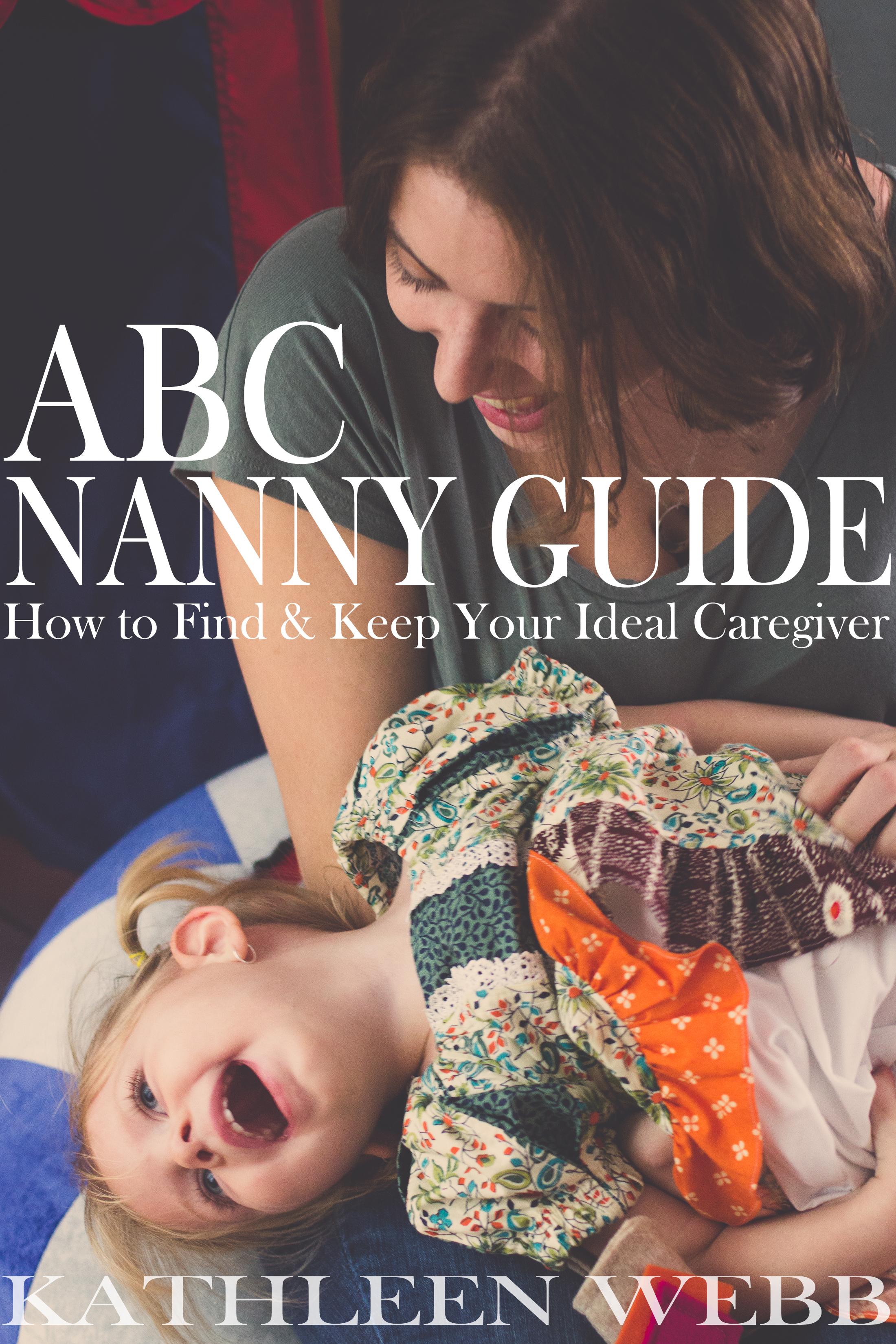“Appreciation is a wonderful thing. It makes what is excellent in others belong to us as well”- Voltaire
We all have our own unique ways of showing appreciation for the people around us that make our lives easier or brighten our day in some other way ... Whether it is your employee, nanny, spouse, boss or even a kind stranger, make sure you show how valuable their positive impact in your life is for you. If someone challenged you to get out of your comfort zone and meet a goal, especially during the holiday season, remember to appreciate what they have done for you. Get creative with the ways you say “Thank you!”


.jpg)







